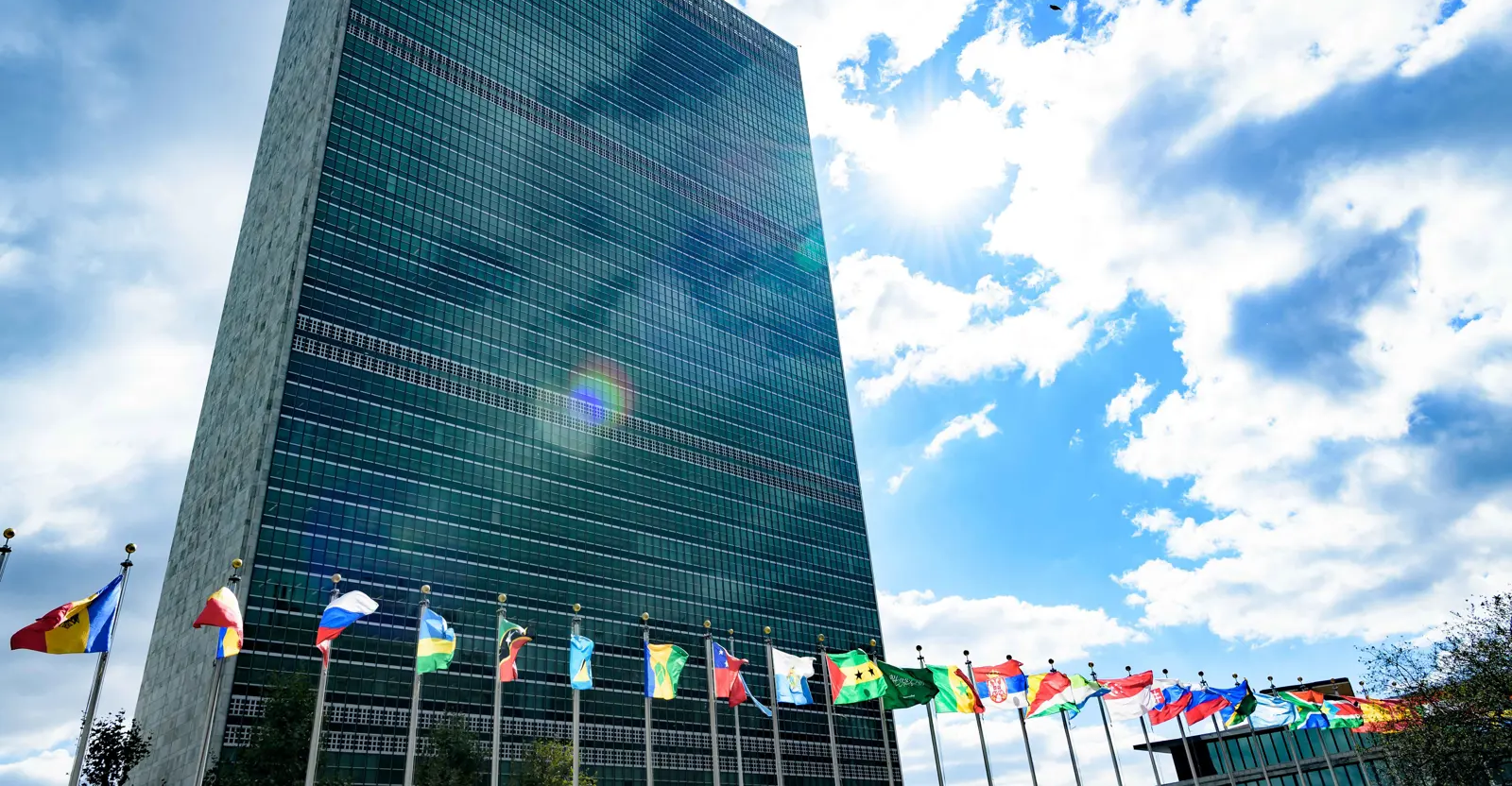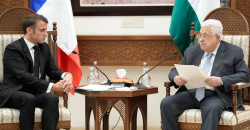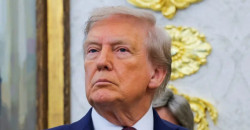Trump warns nations over UN two-state talks

Shafaq News/ The US President Donald Trump’s administration has warned foreign governments not to attend a UN conference scheduled next week in New York on the Israeli-Palestinian two-state solution, Reuters reported on Wednesday.
According to a diplomatic cable dated June 10, the US stated that countries taking positions “against Israel” would be seen as acting contrary to American foreign policy interests and could face diplomatic consequences. The message also made clear that Washington opposes any unilateral recognition of a Palestinian state.
The US State Department has not commented publicly on the report.
On Tuesday, US Ambassador to Israel Mike Huckabee told Bloomberg that he does not believe establishing a Palestinian state remains a goal of US foreign policy. The State Department later said Huckabee was expressing a personal view, while the White House referred to previous comments by President Trump expressing skepticism about the two-state model.
In an earlier statement, Trump had suggested the US should consider taking control of Gaza, a remark that drew widespread condemnation from human rights organizations, Arab states, the Palestinian Authority, and the UN.
The White House also cited Trump’s 2024 campaign comments in which he said, “I’m no longer sure the two-state solution can work.”
The two-state solution envisions the establishment of an independent Palestinian state alongside Israel, based largely on the pre-1967 borders, with East Jerusalem as the Palestinian capital. It has formed the basis of decades of international diplomacy.
As of June 2025, more than 147 of the 193 United Nations member states have formally recognized the State of Palestine—approximately 75% of the international community. Recognition has surged in the past year, with countries including Mexico, Armenia, Slovenia, Ireland, Norway, and Spain joining the list. Earlier recognitions include Sweden (2014), Vatican, and most countries across Africa, Asia, Latin America, and Eastern Europe.
At the same time, many countries continue to support the two-state solution as a framework for peace, even without formal recognition of Palestine. This includes the US, EU members, the UK, Canada, Australia, China, India, and the G7 nations, all of which have reiterated their commitment to a negotiated two-state outcome.
The UN conference scheduled for June 2025 aims to reaffirm international support for this framework amid growing concerns over unilateral actions and deepening divisions. Meanwhile, Israel’s current government, backed by a parliamentary majority, officially opposes the creation of a Palestinian state—a position solidified by a 2024 Knesset vote.





